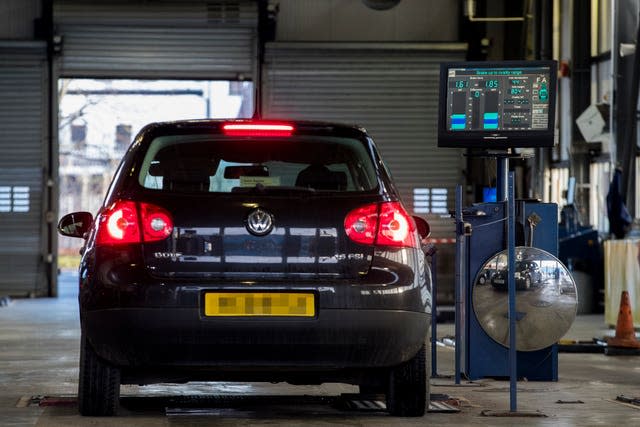A record number of vehicles failed their MOT because of emissions last year
Almost 1.3 million vehicles failed their MOT test in 2020 for reasons related to exhaust emissions.
A Freedom of Information request by MOT and service comparison site BookMyGarage.com shows that more vehicles failed their MOT on emissions in the last two years then any other before it.
In 2020, overall failures were up more than 70 per cent compared with 2017/18 levels.
This is in part because the government introduced stricter emissions regulations in May 2018 to reduce the number of cars with high emissions on the road.

The result is that many diesel vehicles are struggling to pass the new tests, with failures up 240 per cent, compared with just 37 per cent for petrol.
Jessica Potts, head of marketing at BookMyGarage.com, said: “The regulations have mostly impacted diesel cars, causing more than triple the number to fail, compared to petrol car failures which have only increased by a third.
“Since the Volkswagen ‘dieselgate’ scandal in 2015, diesel cars have earned a bad reputation for producing harmful exhaust emissions.
“That’s not to say all diesels are bad. The latest diesel cars are equipped with emissions control systems such as particulate filters and selective catalytic reduction (AdBlue) to reduce or eliminate harmful emissions.”
BookMyGarage.com says the large increase in diesel failures is largely down to the diesel particulate filter (DPF). These became standard on all diesel cars produced since 2009 and work to remove toxic emissions from the exhaust. However, if there is evidence it has been tampered with or smoke of any colour can be seen coming from the exhaust, it will fail an MOT.
Potts added: “What this data tells us though, is that an increasing number of relatively modern diesels are struggling to pass the MOT test as their emissions control systems face tougher scrutiny. It’s important these systems function correctly to protect the environment, but putting them right can also cost owners thousands of pounds.”


